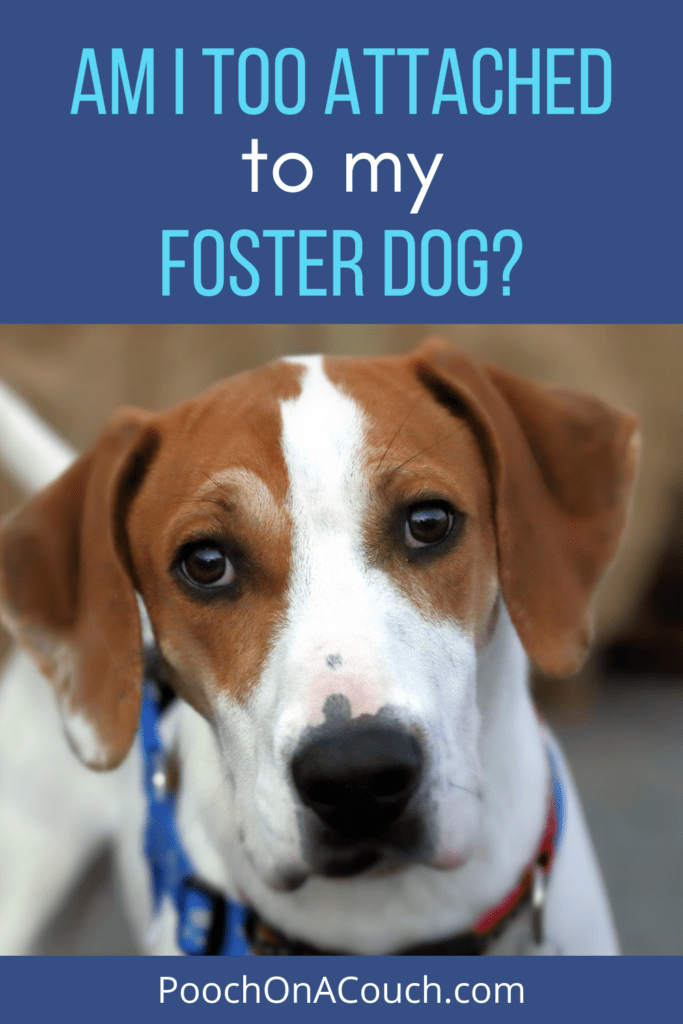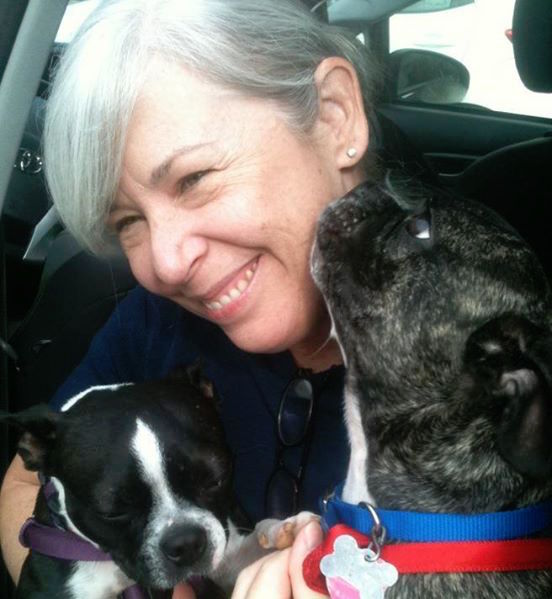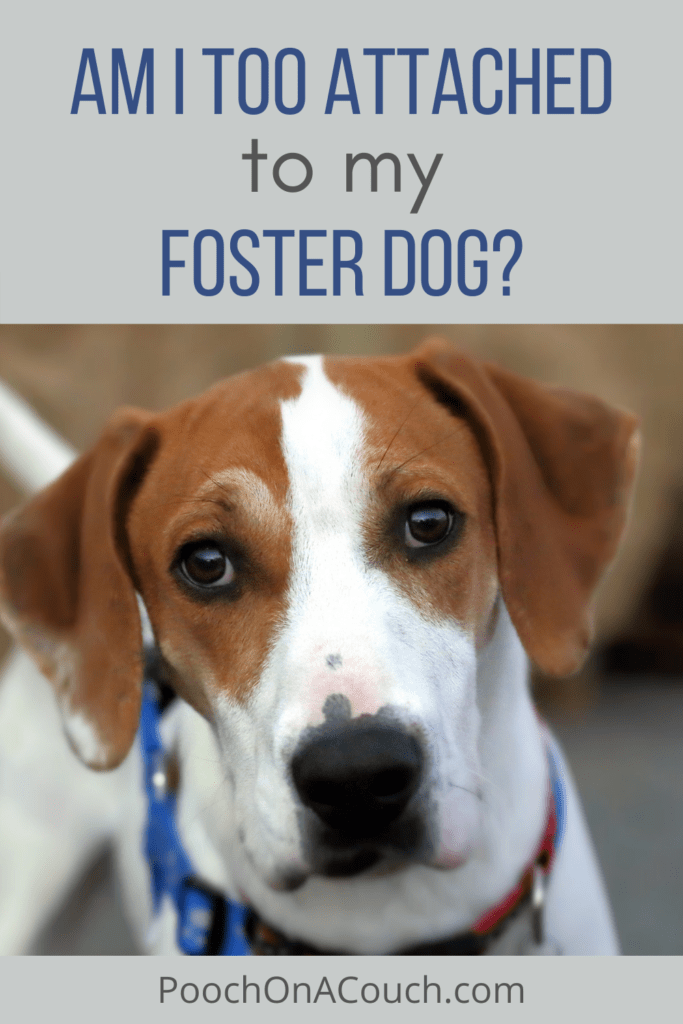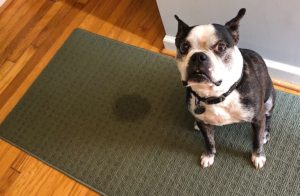On Becoming Attached to Foster Dogs
“I’m Scared I’ll Become Too Attached To Foster Dogs”
After responding to hundreds of inquiries about fostering dogs for a rescue, what it means, what’s involved, what the responsibilities are, etc, what have I learned? Without question, the number one reason people decide to not foster is…
Fear of becoming too emotionally attached to foster dogs.
I understand.
I can’t sugar coat it – you will get attached to foster dogs.
You should get attached to foster dogs. It’s how you do this work.
And if you get attached? You’ll be OK!
Do Foster Dogs Get Attached To You?
I think they do. Dogs are companion animals by nature.They don’t thrive in solitude. They attach and love and sometimes grieve. What’s amazing is that dogs are 1000 times more resilient than humans and often handle change much easier than we do.
Things we worry about are things like:
- Will my foster dog feel like I abandoned them?
- Will my foster dog think I don’t love them anymore?
- Will my foster dog feel like I rejected them?
While I do know that dogs experience emotions, I don’t think that dogs experience the complexity of emotions that humans do. Feelings of abandonment and rejection are pretty layered and complex. Thank goodness dogs don’t feel that.
I do think that dogs experience feelings of uncertainty and confusion. After all, we really can’t tell them all the good things that are happening to them as they venture off to their new life.
I also think – and this may be my most important point – feeling attached to your foster dog and them to you is as much about familiarity as anything.
Your foster dog is familiar with you, your home, your routine, your mannerisms, your other pets, etc.
As you get to know this dog and it’s antics, quirks, needs and as you watch and involve yourself with their recovery, you too become attached to your foster dog.
Will My Foster Dog Miss Me?
I don’t know. I do think dogs can grieve on some level. I do believe that your foster dog will never forget you and I believe a dog is always happy to see a familiar, kind face. I also believe that your foster dog will spend more time focused on getting settled in their new home and very little time – if any at all – reminiscing about the good times at your place.
Dogs really do live in the moment.
How Do I Let My Foster Dog Go?
I won’t lie. It’s hard to let a foster dog go. It’s scary. I get really attached to foster dogs.
Personally, I question my decision over and over. Did I pick the right family? Will they adore this dog as I do? Will he get along? Will he have his needs met? Will they love him?
I invest my heart and soul into my foster dogs. My dogs aren’t put up for adoption until I say they are ready. I’m fortunate to have a rescue agency that has my back on this. I want a good fit. I almost always get it on the very first placement. I’ve only had three dogs out of 50 to come back.
When my foster dog gets in the new family’s car, I’m pretty settled in my decision that this is the right family for my foster dog. I’ve spent time vetting them. I’ve gotten in their bizz-ness. I’ve worked to get them attached to my foster dog before they even meet him.
The first time I let a foster dog go, I didn’t expect the wave of emotions to hit me as hard as it did. I do wish somebody had prepared me for that. I cried and all this pent-up emotion flooded out of me. I don’t have children, but I imagine it might have been what it feels like to send your child off to college.
I went home and crawled into bed and slept for the rest of the afternoon.
The next adoption placement wasn’t as hard, although I was just as attached. None of them are easy.
Can I Visit My Foster Dog In Their New Home?
I would consider the timing before I arranged to visit a foster dog. I would give them several weeks to a couple of months to really settle in before I arranged a visit.
You really want your foster dog to decide that they belong with the other family, not with you. That’s part of the attachment process and the hard part of letting go – the dog does feel like they belong with you and you are asking them to go and belong with someone else. It takes time for them to do that. Give them that space.
The Joy Of Being Attached To Foster Dogs
I’ll take the sadness. I’ll deal with missing my foster dog. Every single time.
The joy of fostering – which comes from being attached to foster dogs – crushes the angst of letting them go.
I get to watch dogs feel better after shedding heartworm. I watch dogs run for the first time after getting a knee rebuilt. I watch eyes twinkle and fear subside, wounds heal and hearts open up to trust a human one more time.
I get to watch a dog take everything they’ve gained and learned in our relationship and transfer that to a new family. Make new attachments, form new bonds. Lasting ones. Their final stop. Home.
Plan Your Self Care After Your Foster Dog Is Adopted
Please plan for how you will face the rest of the day after you let your foster dog go. Things I do:
- I have my mentor on stand-by to talk if I need.
- I do something to pamper myself. Do something that soothes your soul. My top three are margaritas, shoes, and coffee ice cream.
- Spend some quality time with your resident dog. They worked too. The changes of foster dogs coming and going affect your personal pets. Take care of them.
- Plan for your next foster dog or decide to take a break. Both are sound decisions.
Check In On Your Foster Dog – You are Still Attached Even After You Let Them Go!
I tell my adoptive families that I promise not to harass, but that I WILL be calling to check up on my foster dog to see how well the dog is adjusting to their home and lifestyle. I want to always be a resource and friend to the family. I want to know that my foster dog is doing well and is settled in the new home.
I give a call within the first 24-48 hours, one at the end of 7 days, and another at the three-week adoptaversary.
I’m So Attached To My Foster Dog. Should I Adopt?
Sometimes.
Often, a new foster home adopts the first foster dog because they just can’t let it go. That’s OK. You are in a huge club of other “foster-failures!” (people who as fosters become adopters instead)
But you aren’t the best home for every foster dog that comes to your home. You aren’t!
I really, really, really, strongly encourage you to really think about that foster dog that you want to keep instead of rehoming. Are you the best fit? Is this really the dog you want?
- If that dog needs training, are you committed to that?
- If the dog has medical issues, are you prepared for that?
- If the dog needs to be the only dog in a home, are you ready for that??? Are you committed to restricting yourself from other pets for the lifespan of this dog?
- Is this dog active? Are you?
- Do you travel? How does this dog do away from you?
I could go on and on, but hopefully you get my point. Make the decision to keep your foster dog because it is the best dog for your home, lifestyle, and resources. If it isn’t, let the foster dog go. There will be a dog that will cross your path that is the right fit for you.
By fostering more and more dogs, you learn the type of foster home you want to be.
After a while, you will learn your fostering jam: short-term fostering, long-term fostering, fostering puppies, fostering senior dogs, or fostering males versus females. You will learn where your skills and “knack” for dog care lies.
Specialty foster homes are an asset to a rescue organization and you can become known as an expert as a result of your foster work. Skilled foster homes are always needed for: pregnant dog/whelping/raising puppies, Heartworm treatment, care after orthopedic surgeries, seniors, the list can go on.
Once, I managed a foster home that only wanted hospice cases – it provided her tremendous fulfillment to care for the sick and dying. She was a gift to the organization as many of our dogs are senior dogs when rescued.
Know when to take a break from fostering dogs
You must learn to take a break! That is, you need to learn your pace. This is an individual decision, and sometimes it takes time to discover where your barometer is.
I pushed myself way too hard and chose to say “yes” many times when I should have said “no”. As a result, I experienced extreme burnout and subsequently stopped fostering for nearly a year.
In addition, know when your personal pets need a break, too. They work alongside you, I promise they do! Take time to allow your dog to reset and restore its energies. Likewise, if your spouse or children feel weary from the work, talk about self-care activities or make a decision to space out your foster assignments.
Fostering dogs isn’t for everyone. It’s OK!
Did fostering become too overwhelming? It is OK!! Never feel guilty! You tried it and it didn’t work, for whatever reason. Be OK with that.
Sometimes the heart gets too tender and it feels too uncomfortable to get so attached to foster dogs. Too painful to go through the emotions of letting a dog go to a new family. You are good my friend, OK?! It isn’t a failure. Thank you for giving it a go.
Even though you choose to not foster, there is a role for you in a rescue organization! Plenty of volunteer opportunities are available that don’t require fostering. As an example, I’ve experienced as much fulfillment transporting a dog or managing a fundraiser for the rescue organization as I have fostering a dog. It ALL makes a difference!
Talk to me. How hard do you fall for your foster dogs? How do you manage your attachments and feelings of not wanting to let your foster dog go?
Pin Me!






